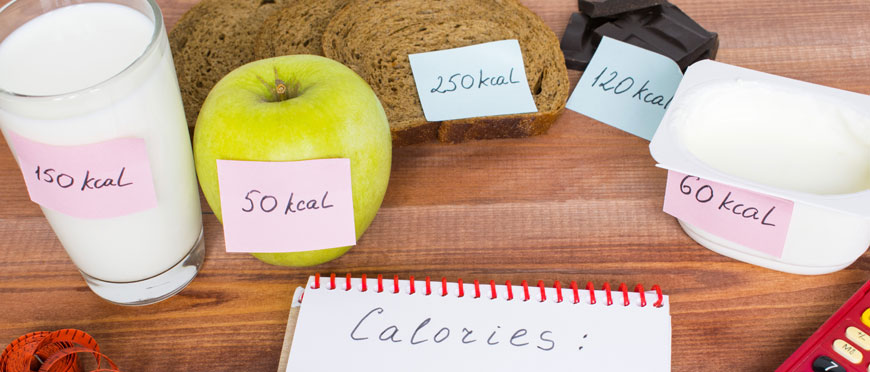Calorie-counting is a popular dietary approach, but it’s sometimes flawed in its philosophy. It’s easier to track not eating sugar/carbs and not eating artificial sugars than actually counting the calories and grams. Tracking and reliving the calories of carbohydrates you didn’t eat only stimulates ghrelin, the hunger hormone, and focusing on feeling deprived of something only increases its desirability.
It’s easier to track pounds of steak, fish, shrimp, or chicken than calories. It’s not what you didn’t eat; it’s what you did eat and who you are that matters. You are a person that doesn’t eat sugars (artificial or natural), you don’t fall prey to the big processed food manufacturers, and you know the truth about vegetable oil.
It’s easier to track the hours of healthy eating than calories. If you know that you will only eat in a limited time window of 6 to 8 hours per day, the rest of your time becomes available for real activity.
Even if you did meticulously track calories, you would be off by as much as 20-50%, and even if you were absolutely perfect at tracking the actual calories, your calculations wouldn’t account for the bio-availability of nutrients, the effect of antinutrients from vegetables, or the thermic effect of food. Your resting metabolic calorie requirement changes from day to day, hour to hour, and season to season. Your gut microbiome, which determines nutrient absorption, changes continuously and interacts with your Enteric Nervous System and Central Nervous System.
Instead of calorie counting, practice hara hachi bu, Confucian teaching, that instructs people to eat until they are 80 percent full. “Eat until you are eight parts (out of ten) full” or “belly 80 percent full.” Simple changes to your eating patterns or the environment will dramatically increase the joy of food.
- First, eat more slowly. Eating faster results in eating more. Slow down to allow your body to respond to cues, which tell us we are no longer hungry. You have a hormone called Leptin that lets you know you are full, but if you wolf down your food, it doesn’t have enough time to work. Focus on food. Turn off the TV and the computer, and if you’re going to eat, just eat. Additionally, use small plates and tall, narrow glasses.
Next, cut out all the snacks. People eat from boredom or they eat from chemical signaling, but most of this chemical signaling can be eliminated when you remove artificial flavors, refined sugars, and industrial seed oils.
Finally, cut out breakfast, unless it is one of your two meals of the day, and it falls inside your eating window. Regular breakfast consumption increases weight and insulin resistance by adding unnecessary calories to diets.You probably have the mantra “breakfast is the most important meal of the day” stuck in your head. This was a baseless marketing phrase created in 1944 by General Foods to sell more cereal. John Harvey Kellogg of the Kellogg’s cereal company, a deeply religious Seventh Day Adventist, believed that cereal would improve Americans’ health and keep them from masturbating and desiring sex. Before the invention of cereal (to reduce masturbation), breakfast was not as standard or routine. Kellogg might actually have been half right — breakfast didn’t improve health, but increasing feeding frequency with processed cereal foods results in more insulin resistance and worsened male impotence.
https://doi.org/10.1136/bmj.l42
The bottom line is, if you are eating real food, then your willpower is better spent somewhere other than calorie counting and calorie restriction. Remember, you are retraining your body to know when it’s actually full and to know what real hunger is. Your goal is to eat only when truly hungry.
Eliminating breakfast and restricting food to a 6 to 8 hour period of a given day makes this simple. Get rid of the artificial flavorings, artificial and refined sugars, and refined foods. Healthy fat makes you satiated for a longtime. Satiety and the nutrient density of food is the ultimate test.
It’s not what you didn’t eat, it’s what you did eat and who you are that matters. You are a person that doesn’t eat sugars (artificial or natural), you don’t fall prey to the big processed food manufacturers, and you know the truth about vegetable oil.






